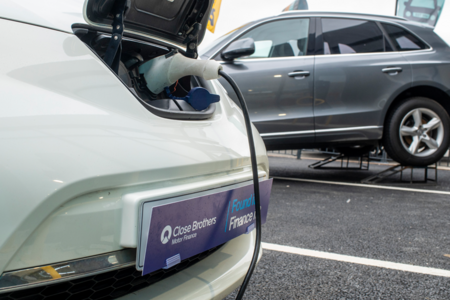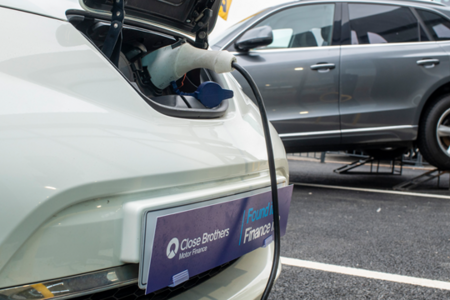COVID-19 changed most people’s financial situation in one way or another. And for some, times are particularly challenging right now. It can be hard to understand how your money has been affected and what options are available so that you don’t lose out in the months ahead. The Government has introduced measures to support people during this time including payment holidays, which have recently been extended for payments like mortgages and car finance until October 31st.
But it can be difficult to work out the best thing to do with your money, and to know whether or not measures like payment holidays are the right option in the long run. Banks and finance providers are there to talk through your concerns and help you navigate the tricky waters ahead. Rebecca McNeil, CEO of Closer Brothers Motor Finance, shares her top tips on how people can better manage their money if they’re not sure where to start.
1. It’s time for a financial deep dive
As a first step toward getting your finances in order, look at your outgoings vs income. You may find that despite being on furlough or taking a pay cut, freezing or cancelling subscriptions and cutting out travel costs have balanced your finances. If you’re working from home and will continue to do so for some time, you could be better off. Once you have a clearer picture of your finances, you can begin to make plans and manage your money effectively.
2. Cut out the clutter
The next step is a financial declutter. It’s not just your wardrobe that occasionally needs a clear out, but your finances too. Make sure that everything you’re paying for you’re using and need. You’ll be surprised how many of us keep monthly subscriptions going thinking you may use it at some point, or that it’s only a few pounds so won’t make a difference to your finances. But that money is better off in your account. Plus a few pounds every month can add up!
3. Weigh up the pros and cons of a payment holiday
The Government announced early in the lockdown that payment holidays would be available to those struggling with their financial obligations such as their mortgage, rent, loan, overdraft or car payments. Many providers have extended this for another three months – until the end of October. But, while this option may seem appealing, you must consider whether it’s the right solution. This is only a temporary option and there could be more suitable options to support you in the longer term. For example, those who have car finance could consider alternatives such as making smaller monthly payments, downsizing your car, or even selling it on to a dealer if you really can’t afford it. Ultimately, the best thing to do is speak to your finance provider; we’re here to help you through.
4. Your credit score during COVID-19
If you’re struggling as a result of COVID-19, rest assured that your credit score won’t be impacted if you have spoken to your financial provider and have a solution in place. It may seem easier to ignore the situation right now, but that could make things more difficult. These are unprecedented times, impacting millions of people globally. We here to help our customers and partners through it. So, if you’re struggling, get in touch with your provider, explain your current situation and work with them on a solution that not only helps you in the short term, but also protects your credit rating in the long term.
5. Talk about financial difficulty and job insecurity
Job security is on most people’s minds right now and it can be very stressful and overwhelming. But there are lots of options out there to help you get back on your feet financially. If you’re worried about monthly costs, then speak to your bank, landlord or finance providers and explain that you’re worried about making future payments as they may be able to change your payment plan. It’s better to have this conversation as early as possible rather than risk going into arrears or getting into further financial difficulty. If you’re still struggling and would like further support and advice, there are groups and charities that can help such as StepChange and Citizens Advice.
6. Maximise savings
For some, the pandemic has led to being able to save more and repay outstanding debts; the Bank of England estimates that UK households saved an extra £25.6bn in May and paid off £7.4bn in debt. But as the lockdown begins to lift, try to hold on to newly formed saving habits. Interest rates remain low, but can you put your accumulated cash aside into a separate savings or investment account and watch it grow in the long term? Or perhaps you can get a better deal by switching providers for regular payments like your phone bill, energy and broadband. Making a habit of having a financial MOT will help you build savings and make it easier to pay for those big purchases like a new car, wedding, or holiday.
7. The financial take-aways from the lockdown
Covid-19 has sparked a change in our lifestyles for the long-term and many of us will walk away with some valuable financial lessons. For example, preparing for the unexpected with some sort of savings, emergency fund or financial buffer is so important because you never know what’s around the corner. The recent months may have encouraged you to take stock of your finances and think more about your options. In future, rather than making big purchases that will obliterate any savings, why not consider finance agreements that allow you to make smaller payments over a longer period? There are many different options available to suit different lifestyles, so now’s the time to explore and make sure you’re financially secure for an uncertain future.












